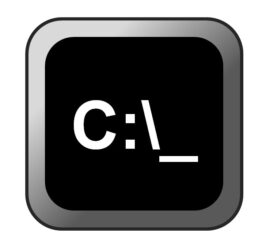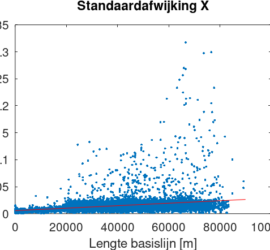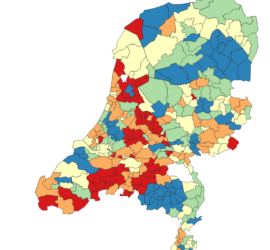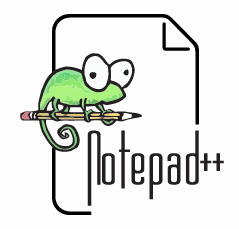Windows batch scripts are incredibly useful for processing data. You can automate many tasks by a simple batch file. The most common thing that I use is a for loop over all files of a certain […]
Blog
A colleague asked my whether it would be possible to view the current location of a user in a Leaflet-based GIS viewer. Luckily, this is very easy to do, as explained in this tutorial. All you […]
When designing a surveying network, it is important to know the accuracy of your observations in order to get a realistic estimate of the accuracy that can be achieved for the coordinates. For traditional observations such […]
Since the beginning of Covid-19, I’ve from time to time downloaded the official Dutch Covid-19 statistics (available here) and created my own plots, using a Jupyter Python notebook that you can find over on Github. But […]
During my studies in geodesy and surveying, we did a lot of linear algebra computations, as adjustment theory requires matrix computations. Naturally, Matlab was used a lot – although I preferred to stick with C++ most […]
Most laser scanners produce point clouds with irregular spacing – surfaces close to the laser scanner are scanned in much more detail than surfaces that are further away. This leads to huge point counts and file […]
For my job I deal with point clouds almost daily – in fact, much of my programming revolves around point clouds and how to extract information from them automatically. This means that it is very important […]
When I was looking for a simple way to publish GIS data on the web, a colleague suggested Leaflet. This is an easy to use Javascript library that is ideal for publishing e.g. the content of […]







